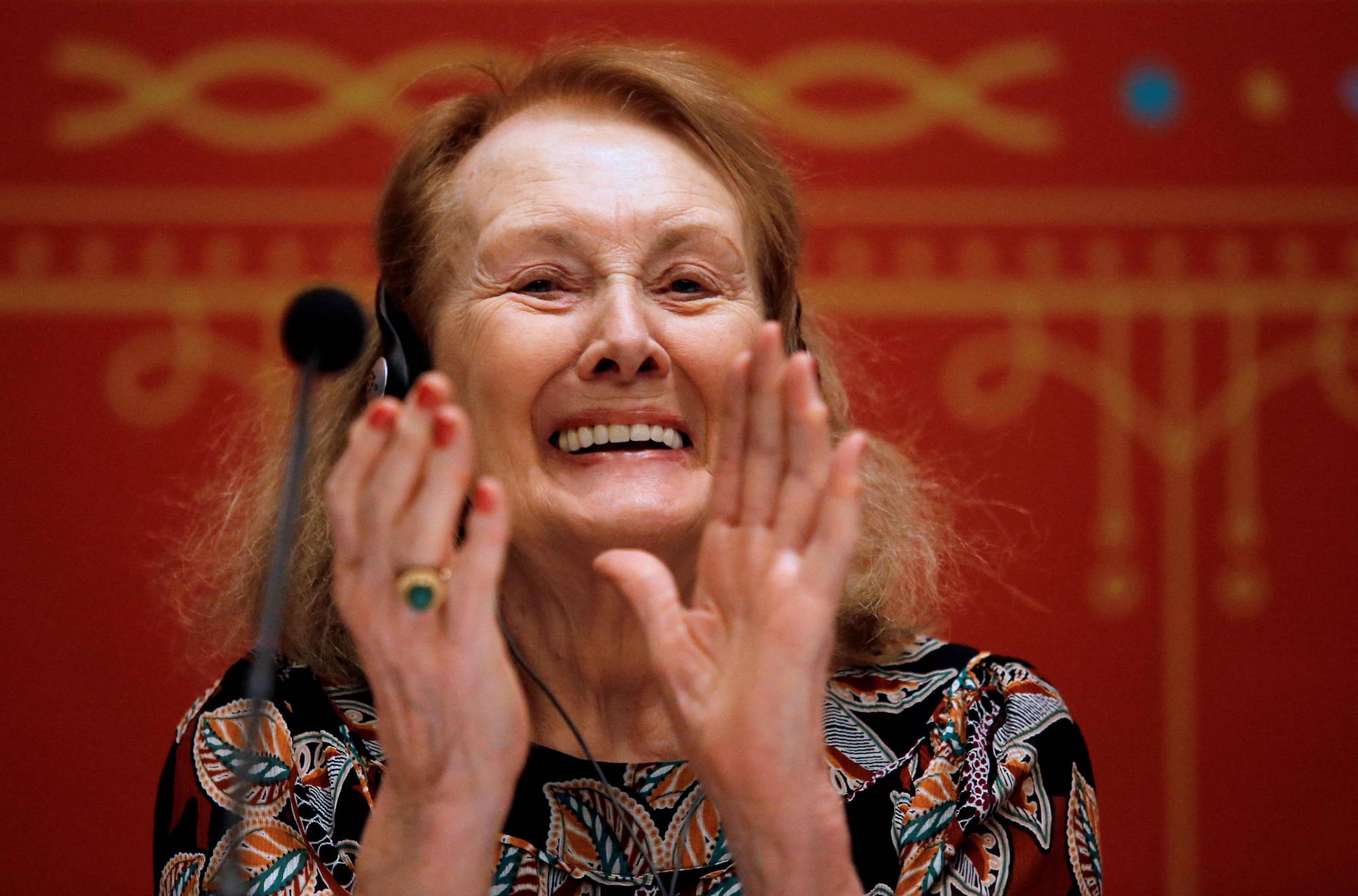For decades, French writer Annie Ernaux has dissected the most humiliating, private and scandalous moments from her past with almost clinical precision: "I shall carry out an ethnological study of myself,” she wrote in her 1997 memoir "Shame.”
On Thursday, she was awarded one of literature’s highest honors, the Nobel Prize, for her body of work. Ernaux’s writing has spoken particularly to women and to others who, like her, come from a working class seldom depicted with such clarity in literature: She has described her upbringing in a small town in Normandy, an illegal abortion she had the 1960s, her dissatisfaction with domestic life and a passionate extramarital affair.
It was a striking choice by the Nobel committee to honor a writer whose work is woven from intensely personal and often ordinary experiences. Mats Malm, the permanent secretary of the Swedish Academy, which decides the prize, announced the decision at a news conference in Stockholm, lauding the "courage and clinical acuity with which she uncovers the roots, estrangements and collective restraints of personal memory.”



